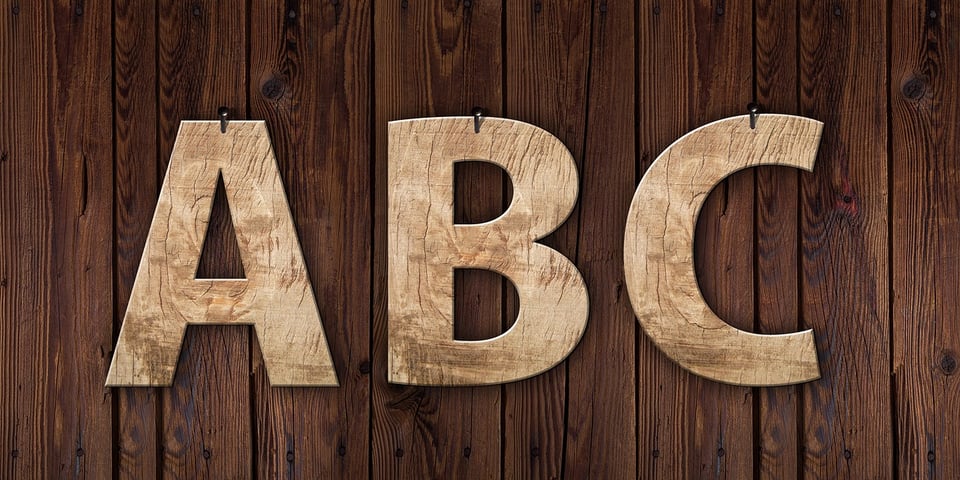The ABCs of Editing

Over the next four months, we’ll be considering the ABCs of Editing.
(Generative) AI: While I realize there are legitimate concerns over the use of generative AI, it can be invaluable as a research assistant, an idea generator when it comes to choosing a title for your work, an extractor of quotes from your writing to use in marketing, etc.
Beta Readers: Forwarding your work to beta readers along with a brief list of what you would like them to comment on can serve as a launching point to making sure the message you intend to convey is the one readers glean from your work. Plus, the suggested revisions can go a long way to making your work more polished.
(Book) Covers: Designing book covers requires a specific skill set, including a knowledge of the market. After all, you want your cover to stand out for all the right reasons. If you are self-publishing your book, hiring a professional cover designer can be well worth the money. You may also purchase a pre-made cover, which will be personalized with your title and name, back blurb, etc. This is a more economical option. Typically, if your book is being traditionally published, you will have limited say regarding the cover design.
Drafting: All writers would love to sit down and write their blog post, article, or entire manuscript perfectly the first time. But that’s not going to happen. When you commit to writing anything from a social media post to a 120K-word epic fantasy, you have to be prepared to go through the drafting and revision process. The longer the piece, the more revisions it is likely to require.
Editors: There are different types of editors, from high level substantive editors, who help you with the 30K-foot view of your work, to content and line editors, who get more “up close and personal” with your work, to proofreaders, who help you polish your punctuation, spelling, and grammar. (Note: Terms and definitions vary from editor to editor. Be certain you know exactly what services an editor provides before committing to work together.)
Footnotes: It important to properly cite the quotes you use, either by creating a footnote at the bottom of the page where a quote appears or by including a list at the end of the manuscript, referred to as endnotes.
In August, we’ll look at Grammar, Handwriting, In Medias Res, Journaling, (Being) Kind, and (The Importance of Ongoing) Learning.
In September, we’ll touch on Money, Novel Genres, Outlining, Proofreading (Your Own Work), (The Importance of Asking) Questions, Reading, Self-Editing, and Tropes.
And in October, we’ll finish off by talking about (The) Unreliable Narrator, (The Author’s) Voice, Words, eXperimental Novels, YA (Young Adult Fiction), and Zeal.
Add a comment: